
People buy used cars for an obvious reason: second-hand models are cheaper than new ones. If you are a car buyer that is on a tight budget and still need a car to help you move around, it makes more sense to buy a used car and save as much money as possible.
A used car is not necessarily a bad quality vehicle. A most used car has durable engines and comfortable interiors, similar to what you get in a new car but at a cheaper price. They can provide you with many more years of service after the purchase.
However, buying a used car is not an easy process. It takes patience and caution to ensure that the model you end up with not only fits your budget but we provide you with the kind of transportation you want. Here are a few tips on what you need to consider when buying a used car.
Whether you are buying from a private seller or a dealer, used car buying can be stressful, but one of the things that are must do is to check the car's service history, car insurance papers, and registration papers so you can make sure that you are getting a good value for your money.
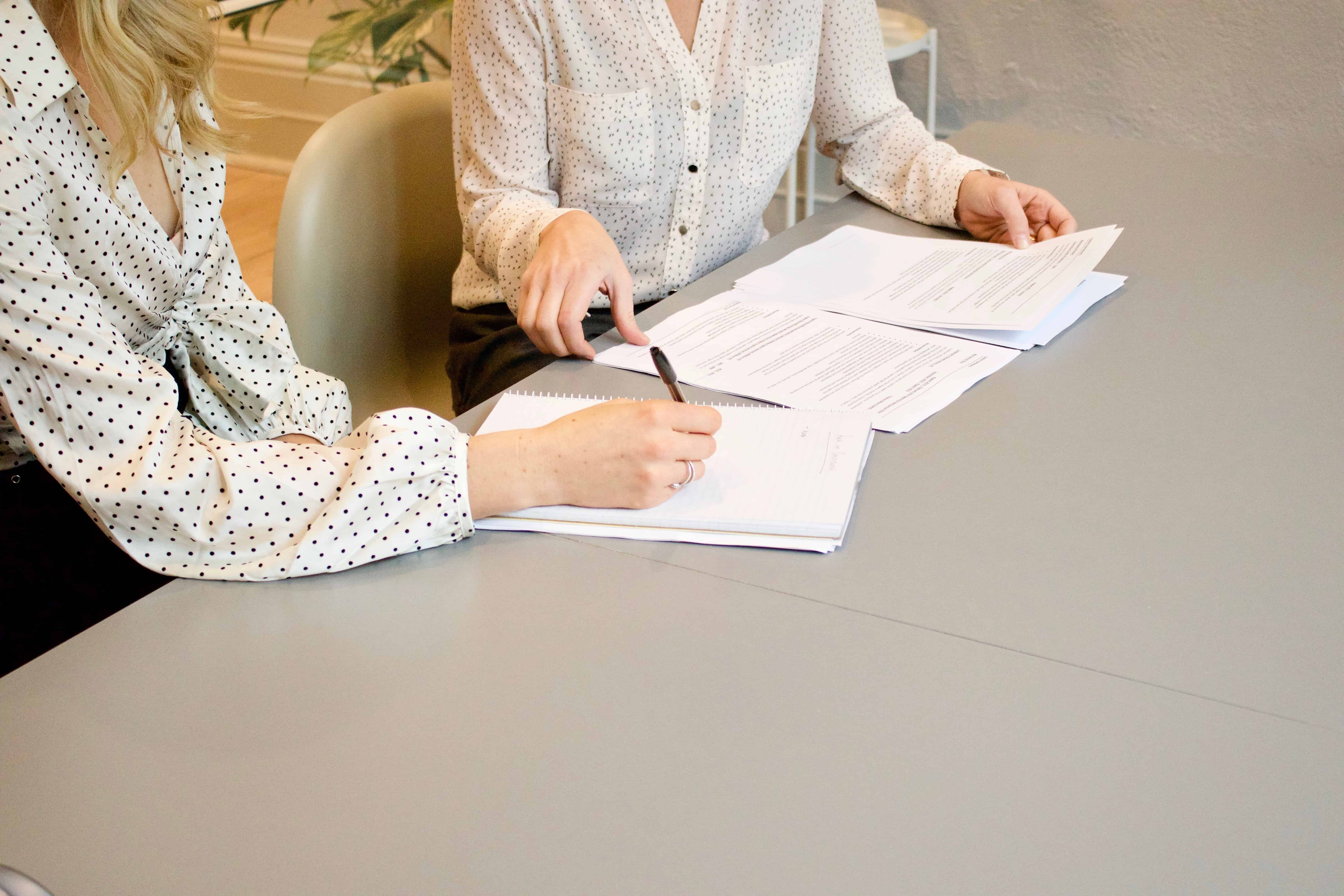 |
You will need to review the vehicle history report of the car you are interested in buying before you make a purchase decision. The vehicle history report will help you identify important issues such as title problems, previous accidents, ownership history, and service points among other things. You can always get a car's history report on the internet for a little fee with the car's registration number. If you're buying the car from a dealer, ask them for the car history report. The dealer should provide it to you free of charge.
Before you go out buying a used car, you should have determined how much you are ready to spend on the car. You should have an idea of how much is the purchase price of the vehicle that you wished for with good service history. Buying a car with a good purchase price can save you a lot of money but be sure the car is in a good condition for that sale price. You should also have a good idea of how you intend to finance the transaction for example through a bank or credit union loan at the car dealership.
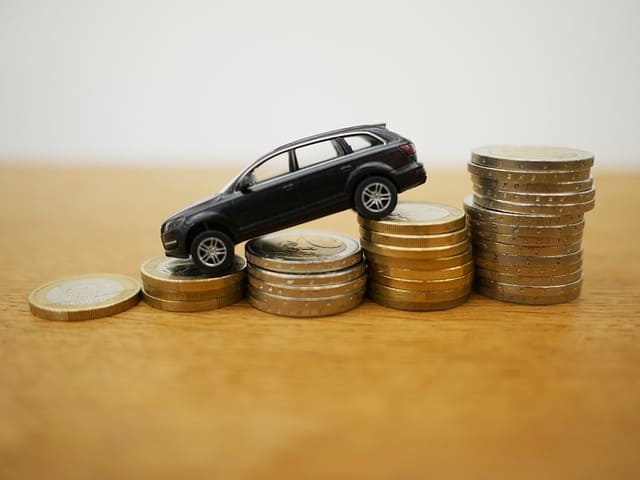 |
Make sure that your calculations have factored in other necessary factors such as extra parts, car insurance, running costs of the car, and any other vehicle inspection that you might require.
If you are buying a car from a dealership check with them are they offering fair trading, so you can trade-in your car there or maybe with their partners.
Check the car for a thorough inspection both on the outside and inside to find out the condition of the vehicle. Look around the exterior of the vehicle for dents, scratches, and rust. You don't need to be alarmed by small scratches and dings but look for large areas of damage that may affect the car's look and performance. It is also important to check if the vehicle's body panels line up evenly because panels that are not even clean-lined are a good indication that the car may have been involved in an accident and not repaired properly.
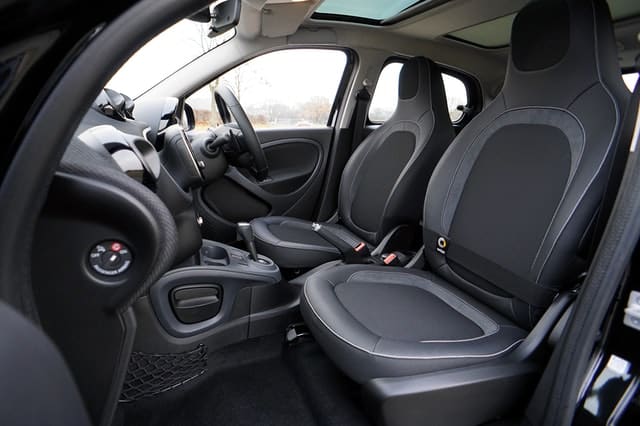 |
Open and close all the car's doors as well as its trunk, engine compartment, and hood to see how they work. Try air conditioning to see if is working. See if there is paint overspray inside the hood, doors, and trunk, and make sure the colour matches all parts of the vehicle. Mismatched paint and overspray show that the car was probably repainted and had crash repairs after an accident.
You can inspect the vehicle's interior of the car by sitting on all the seats and checking for wear and tear in the upholstery. If the vehicle has a musty smell, check the floor mats and carpet for signs of water damage or leaks.
Carefully check the engine compartment for the radiator coolant cap and oil filler cap. Engine oil should be nice and black and radiator coolant should be nice and clean.
It is also important to consider the vehicle mileage but keep in mind that high mileage is not a terrible thing and low mileage is not an indication that the car is still in great shape. So what is the best mileage for a good used car? Well, there's no definite answer because the way the previous owner had used and maintained the car is more important than the vehicle's mileage.
Low mileage is good but doesn't make the car a better deal.
Low mileage means the car has less wear and tear and longer life ahead. However, if the car is really driven, some of its rubber and plastic parts may end up drawing out or getting brittle. You could end up with a low mileage car one that requires a lot of costly reconditioning and repairs. Checking the mileage is important but remember a vehicle that has been well maintained and properly used may be more valuable than what its odometer says. Vehicle experts such as Autotrader maintain that a car with 100,000 miles but was used on highways could be in better shape than one with lower mileage but used on city roads which are usually harder on any vehicle. It is always a good idea to be cautious when considering a car with high mileage. There are many components and engine parts in a car that don't last forever but if the owner had taken good care of the car, it will still have plenty of life left.
That depends on a lot of factors but the latest researches and studies show that it is best to get a used car with an average of 12000 miles per year.
That is a tough question with no right answer. It depends on how the car has been maintained and where and how has it been driven. Because it is not the same if it has for example 75 000 miles at the highway and 75 000 of the hard city ride or has it been in the private ownership or ownership of the rent-a-car agency. You can get that information from the ownership logbook and maintenance records.
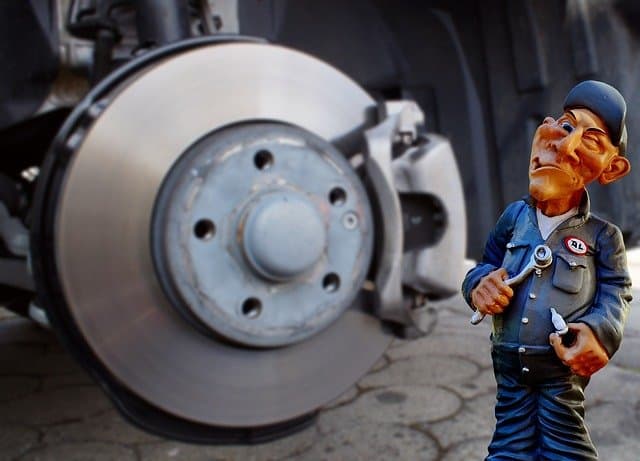 |
It is also important to have a trained mechanic inspect the car before you make your purchase. The seller may not be aware of some problems the car has but a pre-purchase inspection will uncover all potential problems hidden under the hood. If you are buying your car from a dealership site don't feel pressured by the dealer as they will often try to put time pressure on you so they could make faster sales.
The vehicle identification number (VIN) can reveal more information about a vehicle than the seller is willing to tell you. The car s VIN decoder chart will show you if the car's VIN information is the same as what is written in the vehicle's records and title. This information will give you a picture of how much your insurance will cost. You can always check for the car's information on online VIN decoders such as the National Highway Traffic Safety Administration's (NHTSA) website. The VIN will also tell you if there have been recent recalls on the car. However, you might not find information on older vehicles or on most recently announced recalls. Some models may not be listed in the VIN database.
Lastly, you should not buy a car before you spend some time behind the wheel to get its practical feel and gauge its performance. Test drive the car and see how it responds to your driving. Request for a test drive that includes at least a side street, highway, and areas where you can test how the vehicle handles corners and turns.
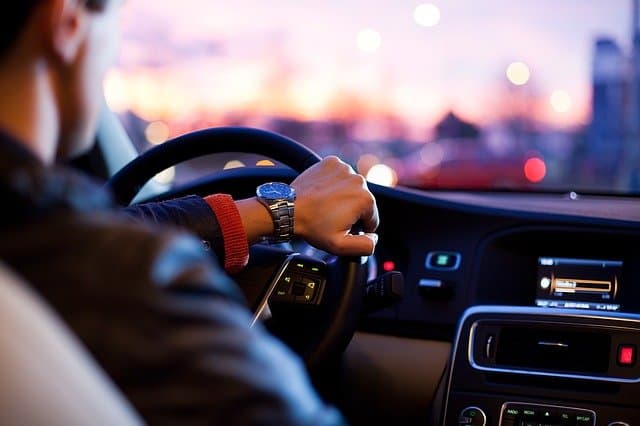 |
When you do a car buying and finish all your research, the next step is to do a test drive. Here are a few tips on how to test drive second-hand vehicle and what to look out for when buying a used car:
Before you start your test drive turn the steering wheel from one side to another to check for any irregular noises and to check for any free play-around steering wheel (it shouldn’t have more than 25mm when locked).
During your test drive listen for the engine. Make sure your radio is off and listen for any irregular noises. The engine should run smoothly during accelerating, without misfiring or stuttering, and water temperature should stay normal (in a safe range).
If it’s possible, you should test the vehicle on a highway to see how the car will be behaving at a greater speed.
Test transmission of the car. The transmission should shift through gears nice and smooth, and that the clutch doesn’t slip or crunch from the transmission. If it doesn't that could indicate a serious problem with the vehicle. Advice is not to buy that car.
Brake test. The pedal should feel nice and firm when you press it, and not spongy. The pedal shouldn’t sink to the floor and the steering wheel shouldn’t have any vibrations. The car should stop smoothly and in a straight line. Test your brakes first at a lower speed to make sure that brakes are good, and after that test it at bigger speed.
Also, don’t forget to test anti-lock brakes under hard braking. The steering wheel should shutter when the steering wheel is close to locking.
And last on the list is to test handbrake. The ideal it would be to test on a downhill to make sure it is correctly adjusted.
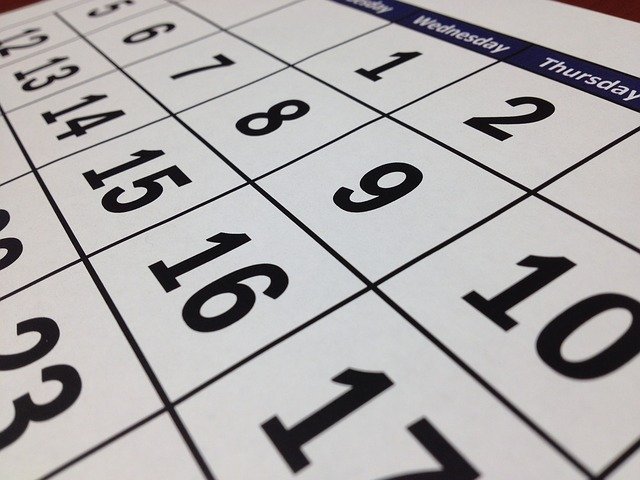 |
The best time for buying a used car would be the end of the calendar year. As most of the dealerships are very keen to hit their sales targets for the end of the financial year dealers will often give a good discount.
You can get a good upgrade on the vehicle, a lower interest, better car insurance, an extended warranty, or some extra service for less money.
But carefully check what is covered in your car insurance and warranty. Often warranty isn't including the spare parts, so if you take that into the account, you could lose a lot of money there. So just be mindful of the form that you are signing.
But the best advice that you can get is to get the car when you need it and save yourself of pressure and time-wasting waiting for a good bargain. But if you don’t mind that and you are up for it there is a few months of the year when the price of the cars is the most discounted and those are:
To ensure that you are buying the right car at the right price, do not be rushed by the dealer or seller into purchasing until you are sure that the car meets your needs and requirements. Take time to research for more information about the car before you start the negotiating process. You can use any slight shortcomings you discover about the car to negotiate for a lower price. Also, don't forget to check what other consumers say about that particular model and make as you can get a lot of great tips from other people on what to look out for. I hope this information helps you find your ideal used car. Happy car hunting.
Comments